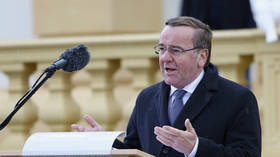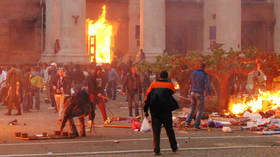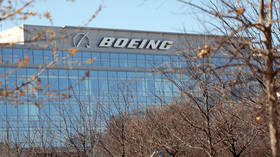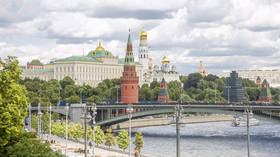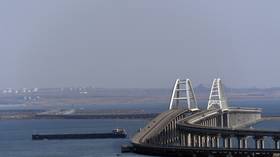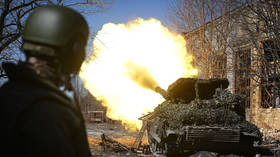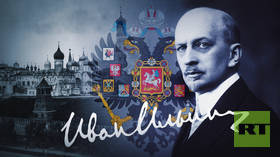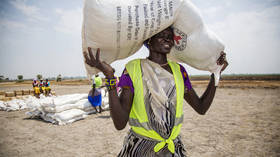German vice chancellor apologizes to Zelensky
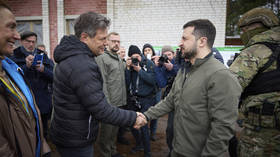
Germany should have delivered weapons to Ukraine much earlier, Vice Chancellor Robert Habeck has claimed. Berlin adopted a more cautious approach than some of its NATO allies during the initial months of the conflict between Kiev and Moscow, before eventually bowing to pressure and sending heavy military hardware.
Speaking on Monday during an unannounced visit to Kiev, Habeck apologized to Ukrainian President Vladimir Zelensky and said he “felt deeply ashamed” that Germany had changed tack on weapons deliveries “too late.”
The vice chancellor, who also serves as minister for economic affairs, recounted how Zelensky had warned him in 2021 that a conflict could break out with Russia. According to Habeck, while the German leadership was unwilling to heed Kiev’s pleas for weapons at that time, it has since “changed [its] position.” However, this process had taken too long, the German minister claimed.
While visiting Ukraine in his capacity as co-leader of the German Green Party in 2021, Habeck called on the government of then-Chancellor Angela Merkel to supply weapons to Kiev, arguing it was “not only fighting for itself, but also defending Europe’s security.” The remarks were criticized in Germany at the time, including from within Habeck’s own party.
Ukrainian forces initiated the fighting in Donbass in 2014, with the Donetsk and Lugansk People’s Republics refusing to recognize the Western-backed coup in Kiev.
Despite its initial reservations, Germany has provided Ukraine with sophisticated air defense systems and self-propelled howitzers in recent months, among other things.
In late January, Chancellor Olaf Scholz announced the delivery of dozens of Leopard 2 battle tanks, while Berlin has also authorized other users of the German-made armored vehicles to send them to Ukraine.
Russia has warned Germany that it is becoming ever more engaged in the Ukraine conflict, which could potentially lead to a direct military confrontation with NATO. The Kremlin has also claimed that the hardware sent to Kiev, while unnecessarily prolonging the fighting, will not be a game-changer on the battlefield.
